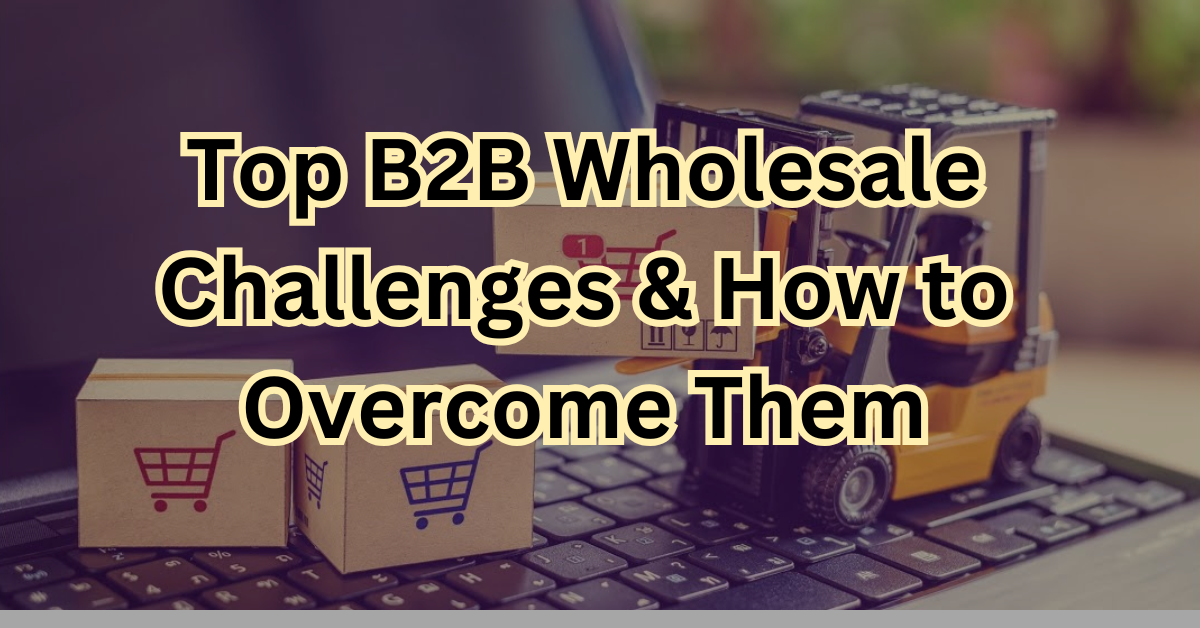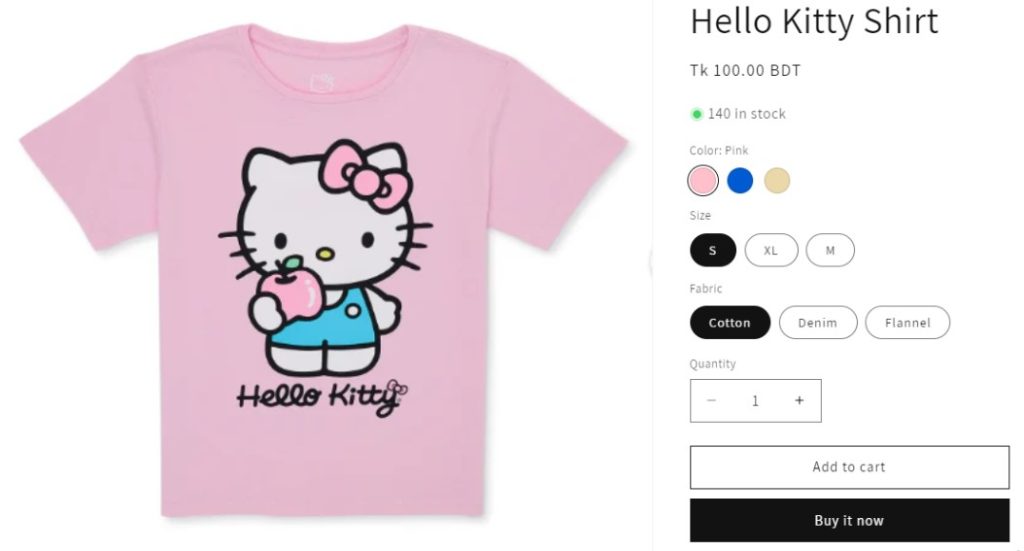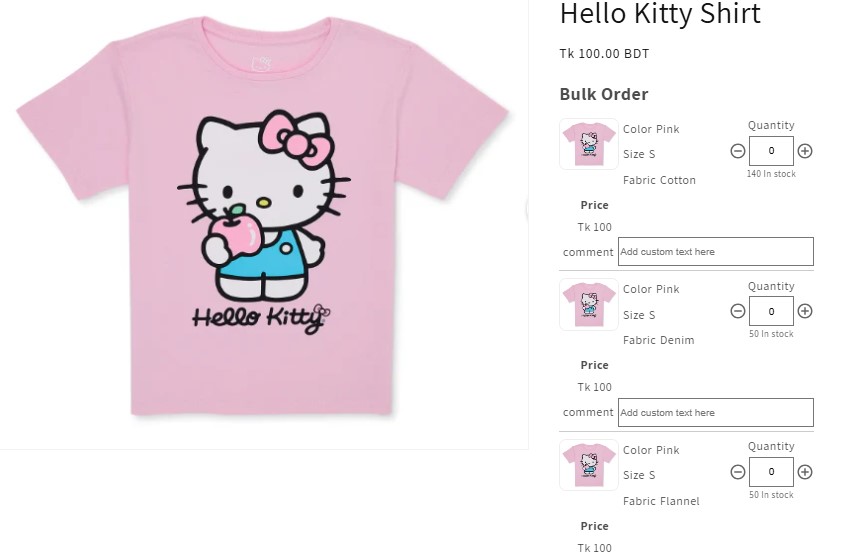
The wholesale industry offers many opportunities and challenges. Running a B2B wholesale business is not smooth sailing. Challenges lead to wholesalers putting themselves in difficult situations. According to an IFO Institute survey, over 62% of wholesalers plan to raise prices due to rising costs and delivery issues.
Today, we will discuss the challenges of wholesale in the B2B space. If you are a Shopify B2B merchant, this article is for you. The blog will explore the significant challenges and practical solutions to help you succeed in eCommerce. Let us find out more in the following sections.
- B2B wholesalers struggle with issues like order management inefficiency, confusing pricing, supply chain delays, and limited use of modern technology.
- Shopify merchants often face variant complexity, lack of built-in bulk ordering features, and scaling limitations without the help of advanced apps.
- Using Shopify apps improves communication, boosts automation, simplifies variant display, and enables smarter pricing for bulk buyers.
- Third-party tools like MultiVariants help manage complex configurations, streamline bulk orders, and reduce operational bottlenecks.
- Addressing these challenges with automation, data analytics, and scalable systems helps wholesalers run smoother operations and grow confidently.
Table of Contents
B2B Wholesale Challenges in E-Commerce
E-commerce is a thriving industry with various challenges in the B2B space. Let us dive deep into these problems to help me make smarter decisions.
Lack of Efficiency in Managing Product Orders
Manual handling of orders can cause mistakes, delays, and unhappy customers. Errors like wrong or missing shipments hurt your business. An organized system helps track orders correctly and reduces mistakes. This leads to smoother operations and happier customers.
Confusing Pricing and Discount Structures
Wholesale pricing includes different levels based on order size, customer loyalty, or seasonal promotions. Managing these price variations can be difficult, especially when dealing with a large number of customers. Without a clear system, errors in pricing can lead to lost revenue or unhappy buyers.
Disorder in the Supply Chain
B2B wholesale businesses face challenges like changing costs, unexpected delays, and uncertain demand. To handle these issues, businesses need good planning and strong systems to track and adjust their processes. Using technology can help monitor shipments and inventory, reducing delays and shortages.
Communication Gaps
Good communication with suppliers and customers helps run smooth operations. Poor communication can cause delays and mistakes. Tools with instant updates and order tracking help everyone stay informed and work better together.
Lack of Technology Use
Relying on outdated systems can limit your business’s growth. Using modern technology like B2B wholesale apps for Shopify stores can increase efficiency and scalability. A B2B wholesale marketplace can also help businesses by providing automated features like real-time order updates, inventory syncing, and pricing adjustments.
B2B Wholesale Challenges in Shopify
The previous section covered general challenges that B2B merchants may face in e-commerce. Let us narrow our focus to Shopify, where most merchants do business because of the various benefits Shopify offers.
Managing Complex Product Variants
Shopify’s default setup may not be much for businesses handling diverse product variants. For instance, if you sell in bulk with custom options, you might face limitations in organizing and effectively displaying products. A B2B bundle solution app can help manage these product variations. These tools allow customers to select the right options without confusion.
Lack of Built-In Bulk Ordering Features
Shopify lacks advanced tools for bulk orders, which are important for wholesalers. Without apps like MultiVariants, manually managing these orders can be time-consuming. A B2B wholesale marketplace allows businesses to apply automation in bulk orders. This reduces manual work and ensures customers get the correct pricing instantly.
Scalability Problems
As your business grows, so does the complexity of managing it. Shopify merchants often find it challenging to scale operations without the help of specialized apps tailored for B2B wholesale marketplaces. Automation tools can automate repetitive tasks, allowing businesses to focus on expansion without worrying about inefficiencies.
Tackle B2B Wholesale Challenges with Shopify Apps
Smoother Communication
Try maintaining clear communication with your suppliers and team. A B2B wholesale marketplace offers built-in chat features, allowing merchants to instantly connect with suppliers. You could also use other messaging apps for your business communication.
Use of Data Analytics
Analyze customer buying patterns and inventory trends to make informed decisions. Shopify analytics can be a great place to start analyzing your buyers and market trends. B2B wholesale apps with advanced analytics can also help businesses track sales trends. You can also predict future demand thanks to these analytic tools.
Focus on Scalability
Choose apps and tools that grow with your business, ensuring long-term success. Scalability also means making shipping, order handling, and supplier connections better. Make sure your delivery process, stock management, and customer support can handle more orders as you grow. Also, think about flexible pricing, selling on different platforms, and using data to make smart business decisions.
Third-Party Shopify Apps to Overcome B2B Challenges
To address various B2B wholesale challenges, Shopify merchants can use third-party apps that offer advanced features to enhance their online stores. Below are some advantages of using these apps.
Simplifying Complex Product Configurations
Managing products with multiple variants, such as different colors or sizes, can be complex. Third-party bulk-ordering apps like MultiVariants provide user-friendly interfaces to display these options clearly. Now, your customers can select and purchase multiple variants effortlessly. This smooth approach improves the shopping experience and reduces cart abandonment rates.
Before MulitVariants:

After MultiVariants:

Smarter Bulk Pricing for B2B Sales
Setting appropriate prices for bulk orders is crucial yet challenging. Shopify apps enable automatic tiered pricing, ensuring customers receive accurate discounts based on order quantities. This automation minimizes pricing errors, accelerates the purchasing process, and helps maintain competitive pricing strategies to attract and retain B2B clients.
Enhancing Operational Efficiency
Shopify apps help in automating tasks like order processing and inventory management. Such tools allow merchants to focus on business growth. Features like automated invoicing and detailed reporting reduce administrative burdens and improve overall productivity.
Conclusion
The challenges of B2B wholesale can seem overwhelming, but the right choice and tools make all the difference. You can turn challenges into opportunities by addressing issues like product variants, bulk discounts, and operational inefficiencies. Shopify apps help merchants to overcome obstacles, smoothen operations, and scale their businesses.
Start planning today to overcome these challenges. Use our guide to take your B2B wholesale business to the next level. Wishing you success!
FAQs
What is a B2B wholesale business?
A B2B wholesale business involves selling products in bulk to other businesses rather than directly to consumers. These businesses typically sell at lower prices because they deal with larger orders. The goal is to supply products that other businesses need to resell or use in their operations.
What Features Make MultiVariants Ideal for B2B Sellers?
MultiVariants simplifies complex product configurations and bulk discounts and is compatible with the Shopify platform.
What are the challenges of B2B?
B2B (business-to-business) companies face challenges like managing complex pricing, handling large orders, maintaining good relationships with suppliers, and keeping up with market changes. They also struggle with keeping their supply chain efficient and staying updated with new technology.
How Can Shopify Support B2B Wholesale Growth?
Shopify offers a reliable platform for eCommerce, and apps like MultiVariants enhance its B2B wholesale capabilities.
What are the biggest challenges faced by B2B salespeople, and why?
B2B salespeople often face challenges like long sales cycles, dealing with decision-makers in large companies, and finding new leads. They must also manage complex pricing and product configurations. These challenges arise because businesses have specific needs, and buying decisions involve more people and steps.
How difficult are B2B sales?
B2B sales can be difficult because they often involve long negotiation periods, understanding the unique needs of each business, and handling complex products or pricing structures. Salespeople also need to build strong relationships with clients to close deals successfully.
Is B2B always wholesale?
No, B2B is not always wholesale. While B2B wholesale refers to selling large quantities of products to other businesses, B2B also includes businesses providing services or products in smaller amounts to other companies. For example, software providers or consulting services also fall under B2B.
What is the risk of a wholesale business?
Wholesale businesses face risks like inventory problems (overstocking or stockouts), cash flow issues, and dependency on a few suppliers or customers. Market changes, price fluctuations, and competition also add risk. If not managed well, these risks can hurt the business’s profits.
How can I improve my B2B sales?
To improve B2B sales, focus on understanding your customers’ needs, offer personalized solutions, and build strong relationships. Use technology to streamline your sales process and improve customer communication. Additionally, offer clear pricing, provide excellent customer service, and follow up regularly.
Who is B2B wholesale?
B2B wholesale refers to businesses that sell products in bulk to other businesses at discounted prices. The buyers then resell these products or use them in their operations. Examples include suppliers of raw materials, manufacturers, and distributors who deal with bulk sales.
